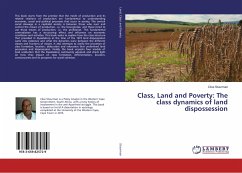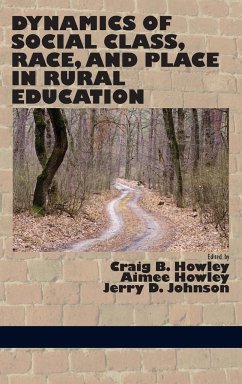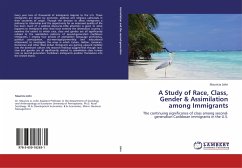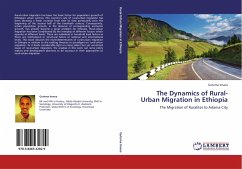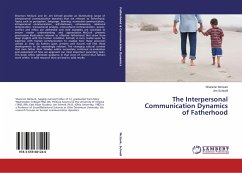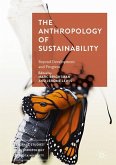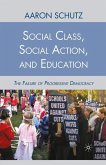This book starts from the premise that the mode of production and its related relations of production are fundamental to understanding economic, social and political processes that occur in society. The central social cleavage in a capitalist society is between those who own and control the means of production, i.e. the bourgeoisie, and those hired to use those means of production, i.e. the proletariat. This fundamental contradiction has a structuring effect and influence on economic conditions and activities. This book seeks to explain how the class structure that prevailed in Dysselsdorp at the time of the 1972 land dispossession came into existence and what the dynamics were between the different classes and fractions of classes. It also attempts to clarify the processes of class formation, location, dislocation and relocation that underlined land possession and dispossession. Finally, the book unpacks four models of land restitution that the Dysselsdorp community adopted and sheds light on how they impact on class formation, differentiation, location, consciousness and its prospects for social cohesion.
Bitte wählen Sie Ihr Anliegen aus.
Rechnungen
Retourenschein anfordern
Bestellstatus
Storno

